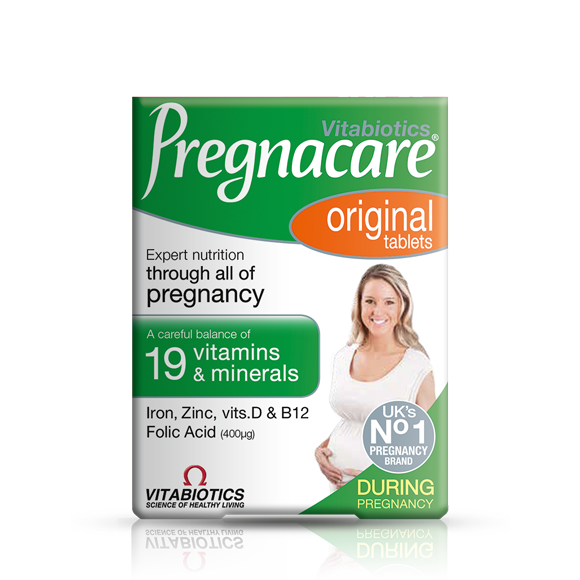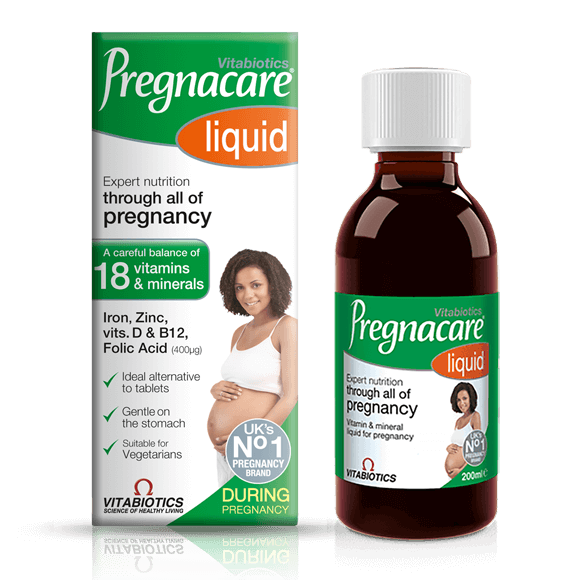Here's Our Pregnacare A-Z Guide To Pregnancy And Nutrition - The Letter D
Are you pregnant? Make sure you read our Pregnacare A-Z of Pregnancy and Nutrition, covering everything important for parents-to-be. We take a look at the letter D during pregnancy
Our Pregnacare A-Z is a series of posts, one for each letter of the alphabet, designed to help you understand your nutritional needs, how they change and the best foods to choose during pregnancy and breast-feeding.
This A to Z answers many of the important questions mums-to-be have about pregnancy and nutrition. It covers everything from antenatal care through to water intake, via pregnancy vitamin supplements.
You can download the full version of the guide in PDF format here.
If you have any further questions, make sure you ask your midwife or GP.
Pregnacare A-Z Of Pregnancy And Nutrition – What Does The Letter D Stand For?
Dairy Products
What Dairy Products Can I Eat During Pregnancy?
Pregnant and breast-feeding women are encouraged to eat moderate amounts of dairy foods such as milk and cheese which contain calcium, protein, vitamin D and zinc. Also see L, for Listeria.
Read our post on the types of cheese you can eat during pregnancy.
Dehydration
Why Is It Important To Stay Hydrated During Pregnancy?
The increased metabolism during pregnancy leaves women more vulnerable to dehydration so an adequate fluid intake is important, especially when it is hot or when exercising. Never limit fluid intake to avoid frequent trips to the toilet - dehydration can lead to premature contractions and can contribute to fatigue and dizziness.
Severe morning sickness can also lead to dehydration so monitor fluid intake if this occurs.
Remember to continue drinking plenty of fluids throughout your pregnancy and while breast-feeding
Dental Care
How Will My Teeth Be Impacted By Pregnancy, And Can I Access Free Dental Care Whilst Pregnant?
Pregnancy can aggravate dental problems. Gingivitis (an inflammation of the gums) is a common problem, which may be the result of increased blood flow to the gums caused by pregnancy hormones and may require treatment. It can lead to bleeding gums and has been associated with complications of pregnancy, such as premature birth.
Brush your teeth with a soft-bristled toothbrush after meals or at least twice a day to help prevent cavities and gingivitis. Flossing regularly and avoiding sugary drinks and food will also help to protect your gums.
NHS dental care is free during pregnancy and until 1 year after your due date, so see your dentist regularly and make sure they know you are pregnant.







Comments (0)